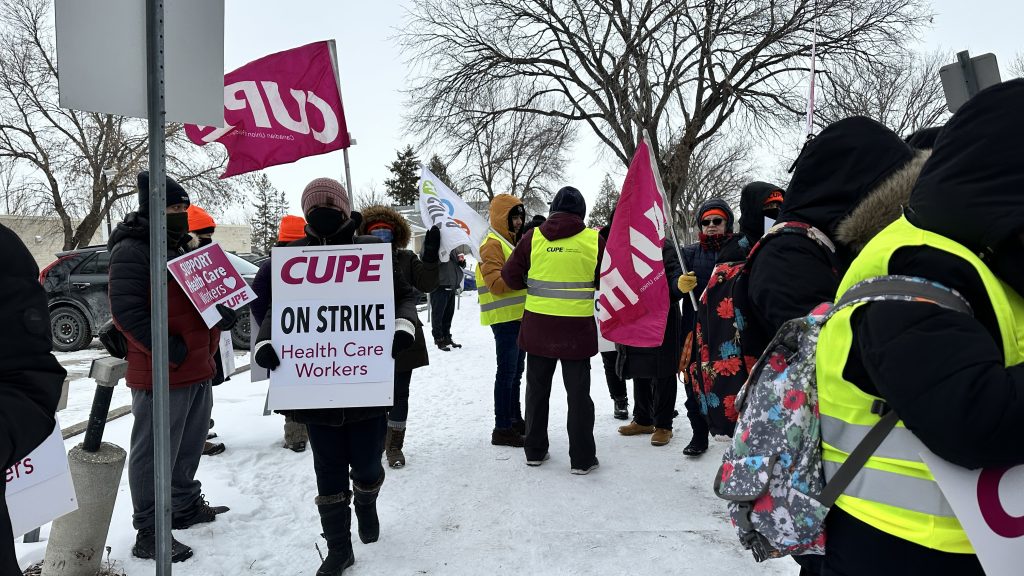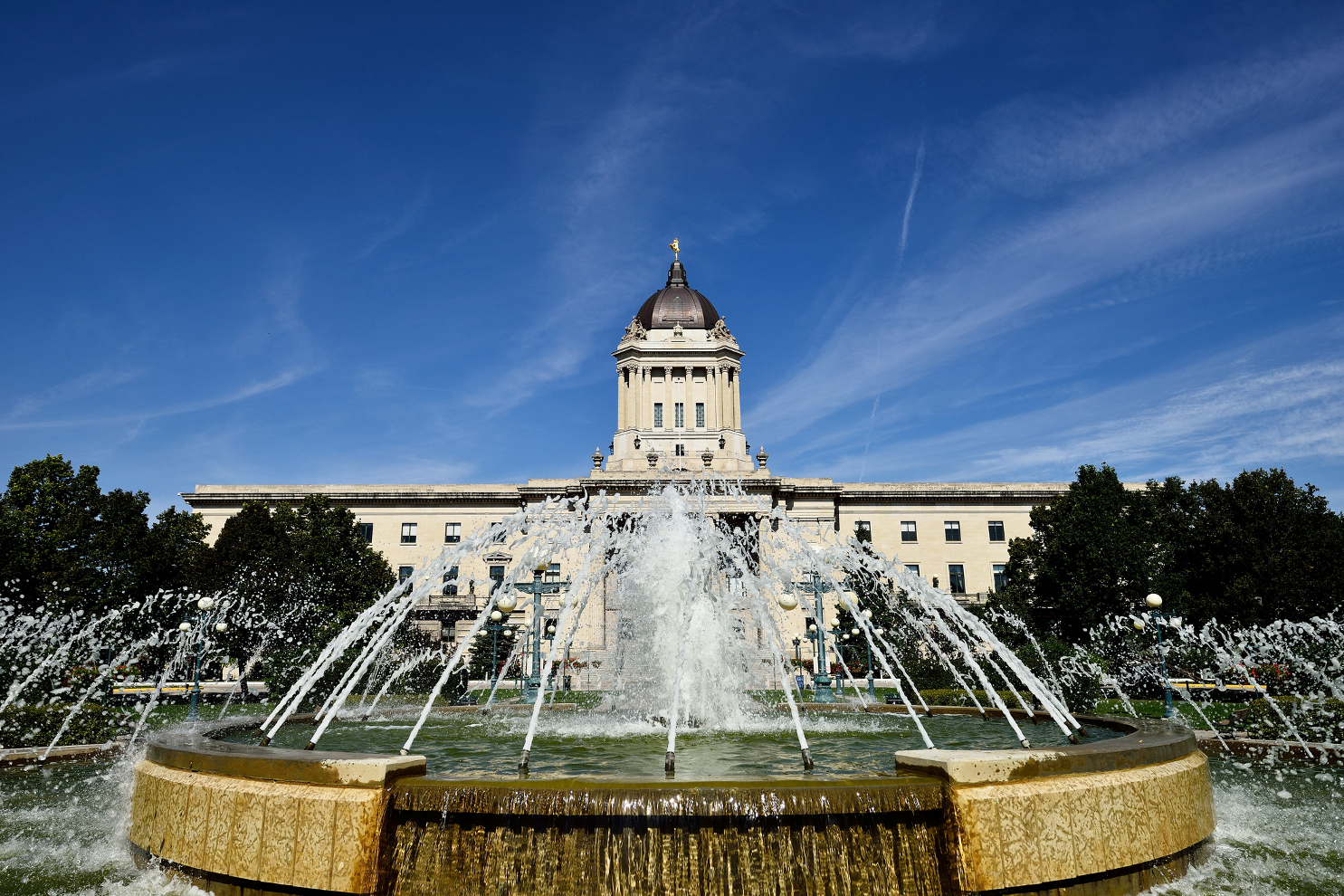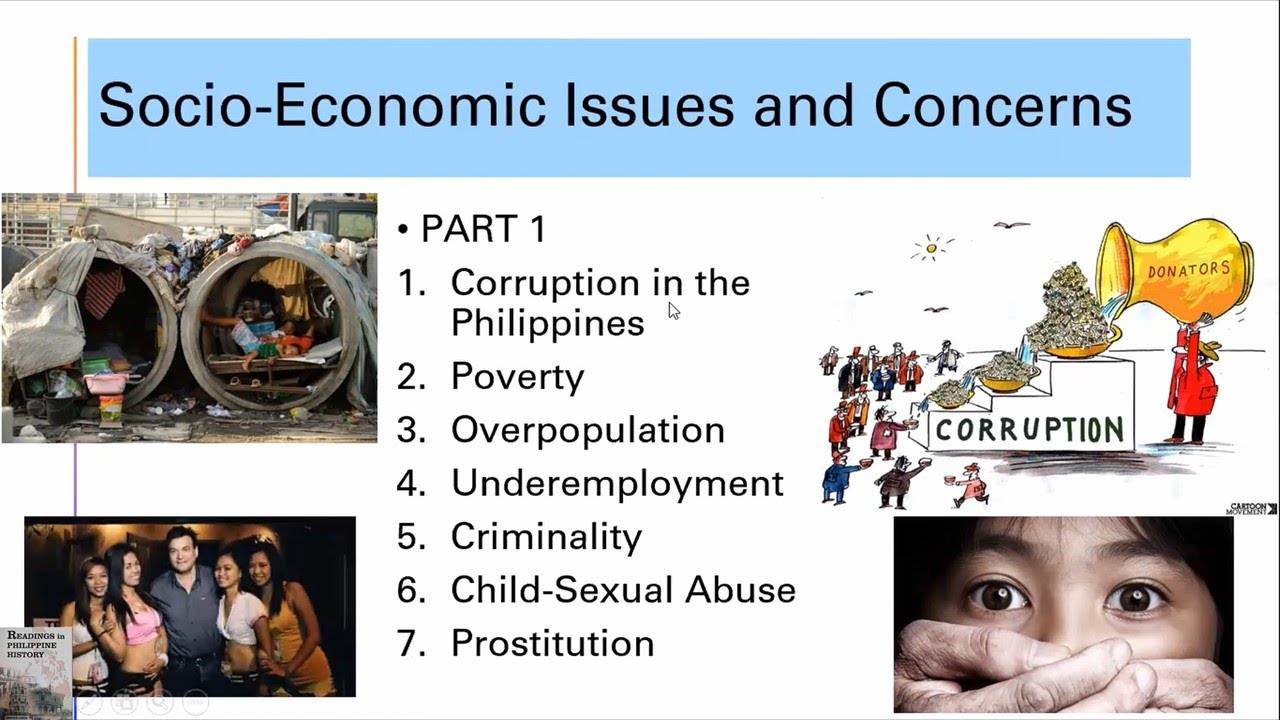
CUPE and MGEU Call Off Strike as New Agreement Sparks Skepticism Among Healthcare Workers
The Canadian Union of Public Employees (CUPE) and the Manitoba Government and General Employees Union (MGEU) have announced a tentative agreement, leading to the cancellation of a potential strike involving 25,000 healthcare support workers in Manitoba. Initially set to commence at 6 a.m. on Tuesday, the unexpected announcement at 4:25 a.m. raised eyebrows and left many workers questioning the terms of the deal.
Healthcare workers, who include aides, ward clerks, and maintenance staff, have been operating without a new contract since their previous agreement expired in March. The recent negotiations came on the heels of a rejected offer from July, which proposed a wage increase of slightly less than 13 percent over four years—an insufficient raise viewed against rising living costs. As reported, healthcare support workers in Manitoba are among the worst compensated in Canada, with average earnings trailing their counterparts in other provinces by approximately $3 per hour.
 Healthcare support workers have been crucial during recent labor negotiations.
Healthcare support workers have been crucial during recent labor negotiations.
In a surprising turn of negotiations, CUPE and MGEU officials claimed significant progress had been made, a stark contrast to their earlier assertions that they were “far apart” from the provincial government. Some assigned the decision to call off the strike to possible capitulation on the unions’ part amid intense budgetary pressures enforced by the provincial government led by NDP Premier Wab Kinew.
Feedback from workers on social media platforms reflected deep skepticism. One user suggested that the current agreement could mirror previous proposals, simply bolstered by a signing bonus, while another worker demanded a substantial raise of 25% to 30% over the longer contract duration. Statements from union officials indicated a push for acceptance of the agreement, with plans for information sessions to clarify details for workers.
The bargaining team expressed appreciation for the members’ support, claiming that collective action led to the tentative agreement’s realization, which they say will result in “significant improvements to wages and working conditions.” However, MGEU President Kyle Ross tempered expectations by indicating that the agreement was just an initial step and did not fully meet the workforce’s needs.
Kinew’s government has been navigating financial constraints following the halting of a provincial fuel tax, which has significantly affected government revenue streams. The Premier’s stance suggests that sustaining spending growth below 2.5 percent annually will continue, implying a limited capacity for substantial wage increases amidst ongoing inflationary pressures.
 The healthcare system in Manitoba is strained, facing a critical shortage of workers.
The healthcare system in Manitoba is strained, facing a critical shortage of workers.
Kinew won the 2023 electoral race on promises to revitalize Manitoba’s healthcare system, with a commitment to hiring more healthcare workers. Although the most recent figures indicate that 873 new recruits have been added, the province still grapples with high turnover rates among healthcare staff. In a recent survey conducted by CUPE Manitoba, alarming data revealed that nearly half of support workers considered leaving their roles.
With Manitoba facing one of the worst doctor-per-capita ratios in Canada, the challenges mounted against healthcare provisions show no signs of easing. Reports indicate that over half of the province’s physicians are contemplating early retirement or reduced working hours. The situation is compounded by an ongoing healthcare worker shortage, leaving many patients struggling to receive timely medical attention.
With the backdrop of financial restraint, many healthcare workers remain doubtful about the improvements in their working conditions. The grim reality is exacerbated by rising living costs, as data illustrates that many healthcare support workers in Winnipeg find their entire monthly income absorbed by basic necessities. The situation paints a troubling portrait of a healthcare system under siege from both administrative decisions and an inability to meet the workforce’s foundational needs.
 Inflation and economic pressures weigh heavily on Manitoba’s healthcare workers.
Inflation and economic pressures weigh heavily on Manitoba’s healthcare workers.
As Premier Kinew continues to align himself with progressive initiatives, the ongoing figures of poverty-level wages among healthcare workers raise questions about the efficacy of his government’s approach. While maintaining relationships with leaders of various political factions—including critics and opponents—may secure some dialogues, it does little to alleviate the immediate hardships faced by workers across Manitoba.
Amidst a complex political landscape where economic strain drives policy decisions, the healthcare sector remains a critical focal point for union actions and worker mobilization. As the ratification vote approaches, the collective voice of healthcare support workers will be vital in determining the future trajectory of their contracts in a climate of uncertainty and financial distress.
In a letter to the community, the health and labor sectors are encouraged to engage further as discussions for fair compensation and recognition continue. As this situation unfolds, it remains pivotal for stakeholders to listen to healthcare workers’ needs and adapt policies accordingly to safeguard both their livelihoods and the integrity of Manitoba’s healthcare system.











